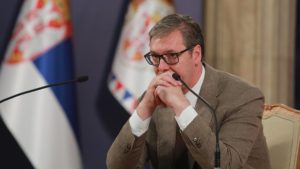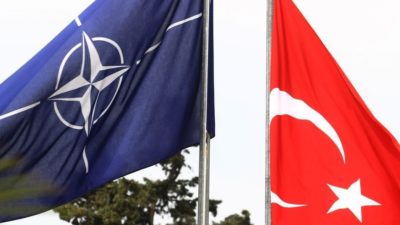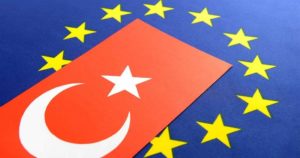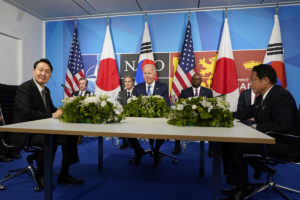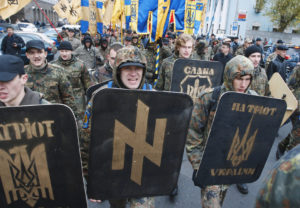Archives NATO - Page 20 of 25 - New Eastern Outlook
Aleksandar Vučić was “offended” by Erdoğan?
Turkey before and during the time of Recep Tayyip Erdoğan has tried to conduct active diplomacy in virtually all aspects of its geography, where the Balkans retain a high relevance. This direction of Turkish foreign policy is determined by several factors: geographical proximity; the history of Ottoman rule; the course of European integration; NATO membership; and the strategy of neo-Ottomanism and pan-Islamism. The current fourth generation of Anatolian Turks is the heir to the Ottoman Empire, which collapsed after World War I and at its peak governed practically all of Southeastern Europe (including the Balkan Peninsula), among other regions. Serbia, like other Balkan (South Slavic) countries and peoples, was occupied by the Ottomans…
Turkey vs NATO: It isn’t just Tit for Tat
Most western political analysts believed that Erdoğan’s opposition to Sweden’s NATO membership was only a ploy to garner political and electoral support at home to ensure his victory in the May 2023 presidential elections. However, even after winning the elections, the Erdoğan administration’s position on Sweden’s membership has not changed. The latest incident of the Quran burning in Sweden has further exacerbated the situation. More importantly, the group of protestors staged this Islamophobic incident in front of the Turkish embassy. Ironically, the Swedish government allowed this anti-Islam and anti-Turkey incident to happen, even though Stockholm would have known how this incident could hurt its NATO ambitions…
What does Sweden have to do with whether or not Turkey will be accepted to the EU?
Political statements made before and after elections frequently diverge drastically. To a casual observer, it may appear that we are not discussing the same country. This is not even a matter of internal politics, where candidates lavishly spread slogans like “power to the people,” “only the people are masters of the state’s fate,” “corruption is death,” “inflation will be defeated,” “life will become better,” and so on to the electorate. There are situations when the results of elections also partially change the foreign policy emphases of the winning politicians, although before the vote they had said quite the opposite with a menacing look…
